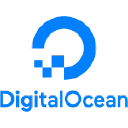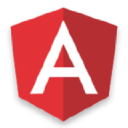I Built A Live Chat Tool In My Spare Time And Now Make $90K/Year
Hello! Who are you and what business did you start?
I’m from a small country called Lithuania. I run an open Source live support application. My main customers are everybody who wants to host live support applications on their stack. Clients vary from small companies to large ones - which have hundreds of operators.
My main goal is to help companies succeed using Live Helper Chat. Their success is my success. As of today, I had hundreds of clients during all these development years. All this project is about having fun along the way, not about making money. I’m proud of my clients and their success stories.
My biggest accomplishment is returning clients and how I keep relationships with them for years. It means I do something right. Not to mention the project in GitHub now has over 1.5K stars.







































